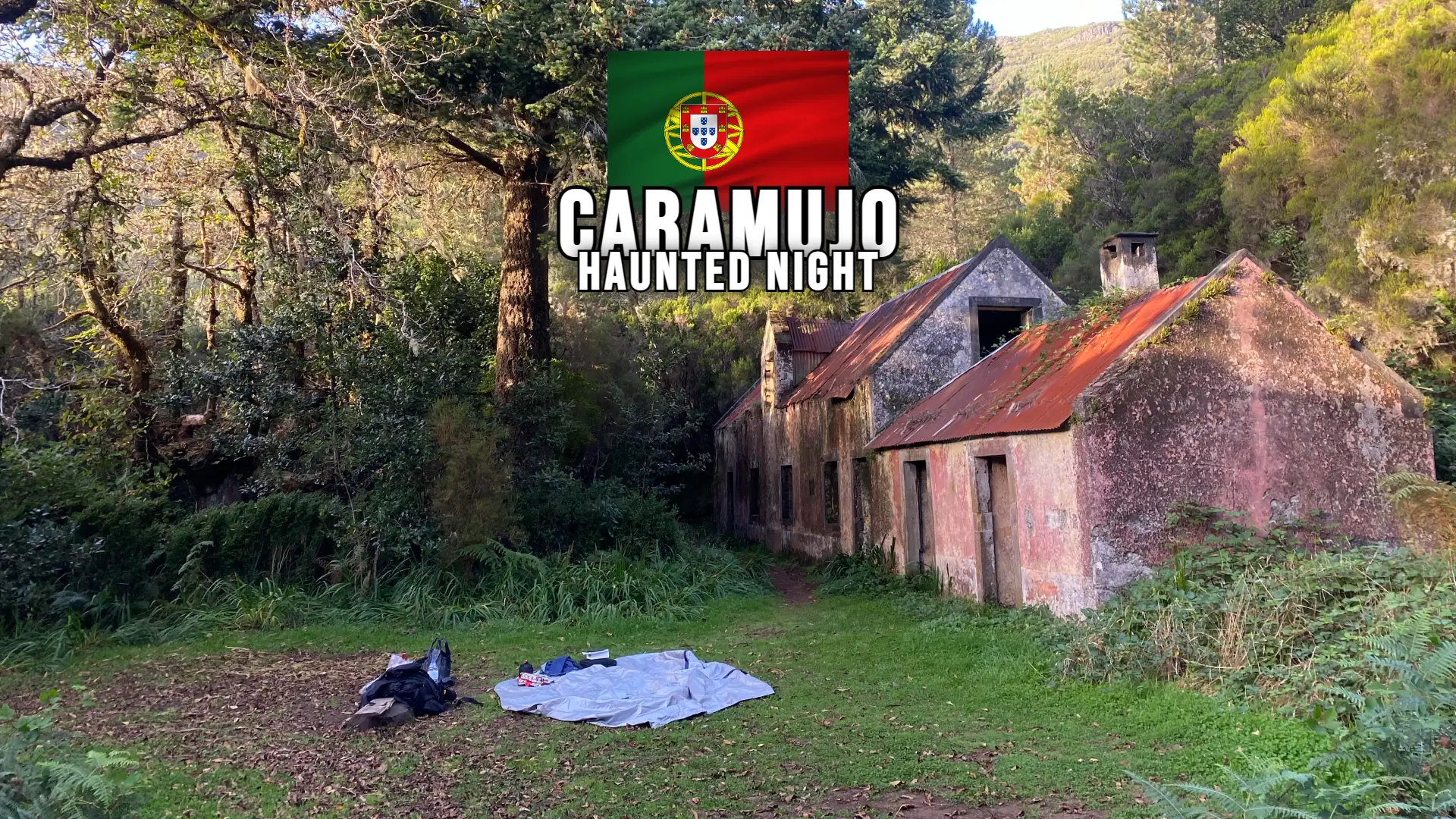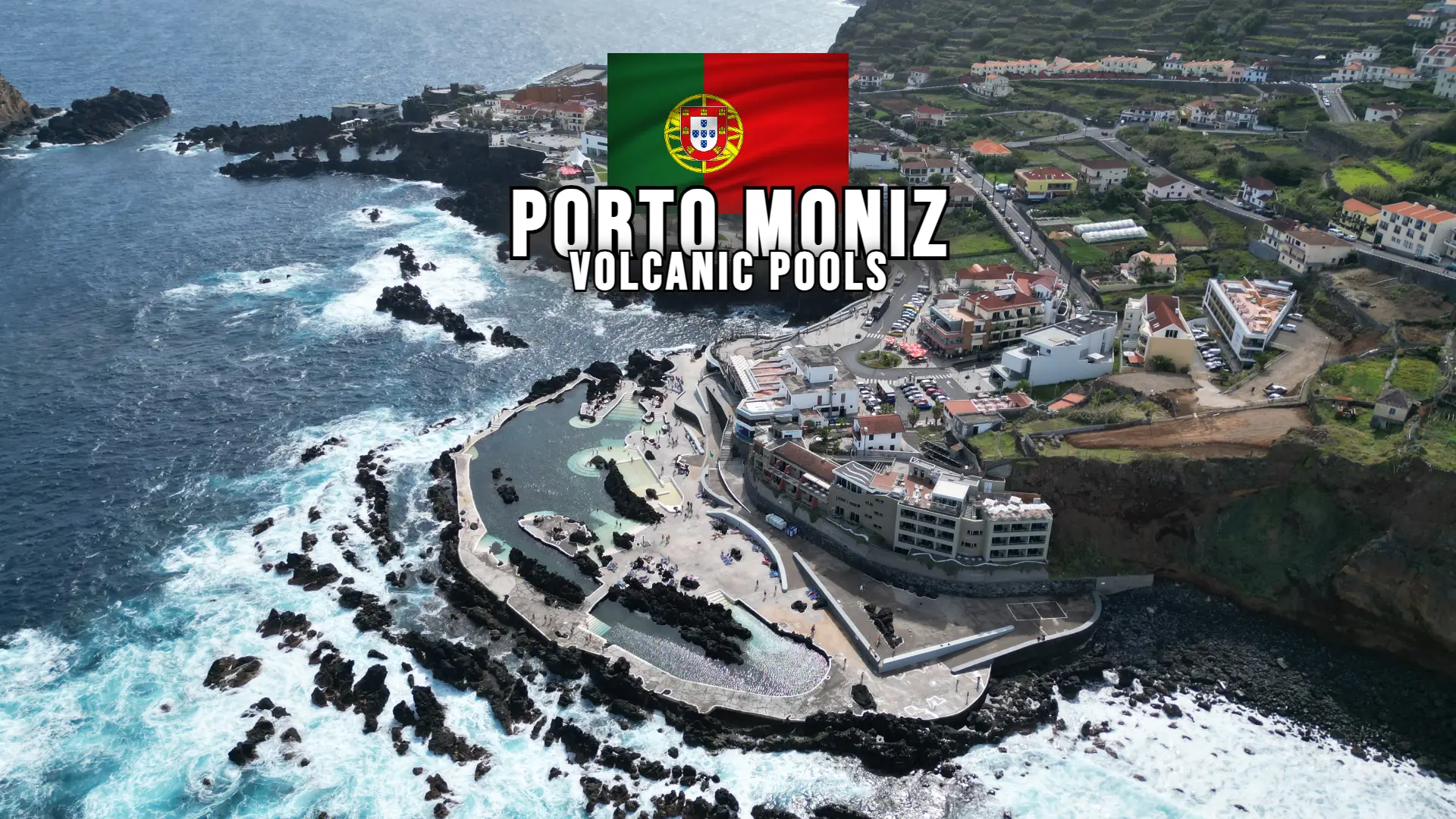If you are between 20 and 40 years old and live in Portugal, you should know that it is possible to buy your house by investment even if you do not have all the money necessary for the purchase. Also know that you can sell this same house for a value above the financed one, deduct the expenses with transaction expenses and still make some profit. This is the detailed story of how to do it, how the process goes, and how to succeed in your real estate investments.
I’m here to tell you that you don’t need to be born into a golden cradle, you don’t need to be rich or have a lot of money, because not everyone has a lot of money to buy a house outright. In Portugal, anyone who has a reasonable income close to $1000 can do this.
What kind of property can I buy?
The example house that we will quote in this article (real example) is a 3-bedroom apartment with 3 bedrooms, 100m², on the 3rd floor, in a 1974 building, 50 meters from a train line. It is a property acquired from an auction, so naturally it is already below market value. Buying this type of property for Permanent Residence you can finance up to 90% of the value, i.e. this property worth €108.000,00 should have an initial deposit of €10.800,00 and borrowing €97.200,00 from the bank.
How do bank rates work for real estate investment?
Well, at least in Portugal and a good part of Europe, you would be able to contract a 40-year fixed rate loan at 2.4% APR (Annual Percentage Rate of Charge), that is, if we fulfill the loan term to the end, during the 40 years, every 100 euros borrowed would cost 2.40 euros. Therefore, with a cost of 2.4% per year, we could easily obtain an annual return on this property of more than this amount, which further justifies the loan option.
The idea is to seek 6% to 8% return per year on the property. Thus, having an annual difference greater than the rate charged by the bank, this being our profit. I believe that this value of annual return is quite possible and even “easy” to find.
Why not buy your own house?
Remember, you as a consumer have a score, you could also say it is a kind of limit to which you can borrow. Based on that, if you have a small history of borrowing, you will not be able to get much leverage and thus maintain investments. The idea is always to leverage yourself with the bank loan to acquire a property and do business with it. So, doing this deal is very good to leverage you in business.
How does the process of selling a financed property work?
As a private business, your approach can be the most common, you can post on these real estate websites, upload some photos, search directly with a real estate agent. This is one part of the process that you can do “on your own”, not least because searching for buyers is not a task that requires so much expertise.
The property was advertised at €139,000.00. But incredible as it may seem, there is a type of company, called iBuyers, which are like “neo real estate funds” that buy properties for underpriced amounts and resell them for slightly overpriced amounts, guaranteeing a return on the volume of transactions. In the end, the house was sold for €135,000.
How does the process work during the sale?
The buyer took some time to advance with the process, almost 2 months. At this point there is a warning, only remove the ad from the air when there is really some evidence or clearer sign that the buyer will really acquire the property.
Make sure that you have all the necessary documents to sell and that the interested buyer has all the documents also up to date and necessary to finalize the process. Also make sure to alert the buyer that there will be transfer tax costs that he or she must pay and deed the house to the new owner.
What are the costs of selling a financed house in Portugal?
It is very simple, the bank installment has an Interest component and a Capital Amortization component. The interest is the cost of the credit and the capital amortization is deducted from the amount owed. If you keep the loan for 5 or 6 months, you only pay the interest for this period.
Also at the time of the sale there is a penalty of 0.5% to 2% depending on the type of rate contracted. The process is reduced to going to the bank, asking for the extract of the mortgage (the cancellation itself), and the debt is automatically liquidated when the deed is signed. In terms of capital gains (insurance), as it is Permanent Owned Housing and the intention is to reinvest the amount earned, it is exempt from its payment, i.e., in the sale there are no taxes associated.
Final Business Analysis: Is it worth investing in Real Estate in Portugal?
Initial Expenses
The initial expenses incurred in this purchase were:
10,800.00 down payment
311.86 IMT tax
864.00 of stamp duty on the acquisition
583.20 of stamp duty on the credit
€900.00 from land records
20.85 of bank check
15.00 of the permanent land certificate
250,00 of bank appraisal
202.95 of the energy certificate
Total: €13,364.66
Discounts
However, when the financing was done, there was an acquisition campaign that returned some costs, those are the ones:
€1296.20 acquisition campaign
Therefore, the total value of the investment was €12,068.46
Monthly interest expenses (recurrent expenses)
During the 7 months that the house was held before the sale, there were expenses of:
€1,506.31 for interest
€176.70 insurance
35.96 account maintenance
$180.00 condominium fee
15.00 for a new permanent land certificate
2,258.83 for early repayment penalty
6,642.00 as real estate commission
16.55 of IMI
20.00 APB protocol to cancel the debt
Total Summary
Sale of the property: €135.000,00
Return to the bank: -€98,688.93
Initial expenses: -€12.068,46
Recurring expenses (interest): -€1.718,94
Final expenses: -€7.021,55
And all this gives a net income of €15,502.12.








